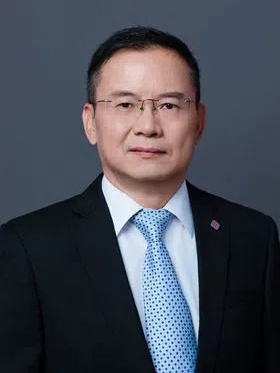 Prof. Qing Li
Prof. Qing Li
IEEE, AAIA and IET Fellow
The Hong Kong Polytechnic University, Hong Kong, China
Bio: Qing Li is a Chair Professor and Head of the Department of Computing, the Hong Kong Polytechnic University. He received his B.Eng. from Hunan University (Changsha), and M.Sc. and Ph.D. degrees from the University of Southern California (Los Angeles), all in computer science. His research interests include multi-modal data management, conceptual data modeling, social media, Web services, and e-learning systems. He has authored/co-authored over 500 publications in these areas, with over 45,000 citations and H-index of 87 (source: Google Scholars). He is actively involved in the research community and has served as Editor-in-Chief of Computer & Education: X Realitty (CEXR) by Elsevier, associate editor of IEEE Transactions on Artificial Intelligence (TAI), IEEE Transactions on Cognitive and Developmental Systems (TCDS), IEEE Transactions on Knowledge and Data Engineering (TKDE), ACM Transactions on Internet Technology (TOIT), Data Science and Engineering (DSE), and World Wide Web (WWW) Journal, in addition to being a Conference and Program Chair/Co-Chair of numerous major international conferences. He also sits/sat in the Steering Committees of DASFAA, ER, ACM RecSys, IEEE U-MEDIA, and ICWL. Prof. Li is a Fellow of IEEE, AAIA, and IET.
Speech Title: KCUBE: A KG-based University Curriculum Framework
for Student Advising and Career Planning
Abstract: Knowledge representations and interactions are at
the forefront of teaching, learning, and career planning activities
in all endeavors of education and career development. University
students are increasingly faced with a myriad of interdisciplinary
topics that are seemingly unrelated when unstructured knowledge
representations are presented, especially during advising and career
orientation sessions. This is especially challenging in
fast-changing technical domains such as Computer and Data Science
where university curricula are reviewed on an annual basis. This
makes it increasingly difficult for instructors and administrators
to present both the big picture as well as the detailed knowledge
components of degree programs to students who face problems in
choosing a career and/or establishing a plan of study and
assessment. In this talk, I shall introduce the KCUBE project, a
knowledge graph (KG) framework equipped with virtual reality for
structuring and presenting both the overviews of the Computer
Science curriculum taught at the Department of Computing in the Hong
Kong Polytechnic University, as well as for students to develop
their study with the help of virual tutor/mentor. We employ
computational information storage and retrieval methods, machine
learning, and interactive virtual reality to facilitate users
(instructors and students) to better understand, manipulate, and
visualize abstract concepts and relationships in the development of
teaching and learning activities in our department.
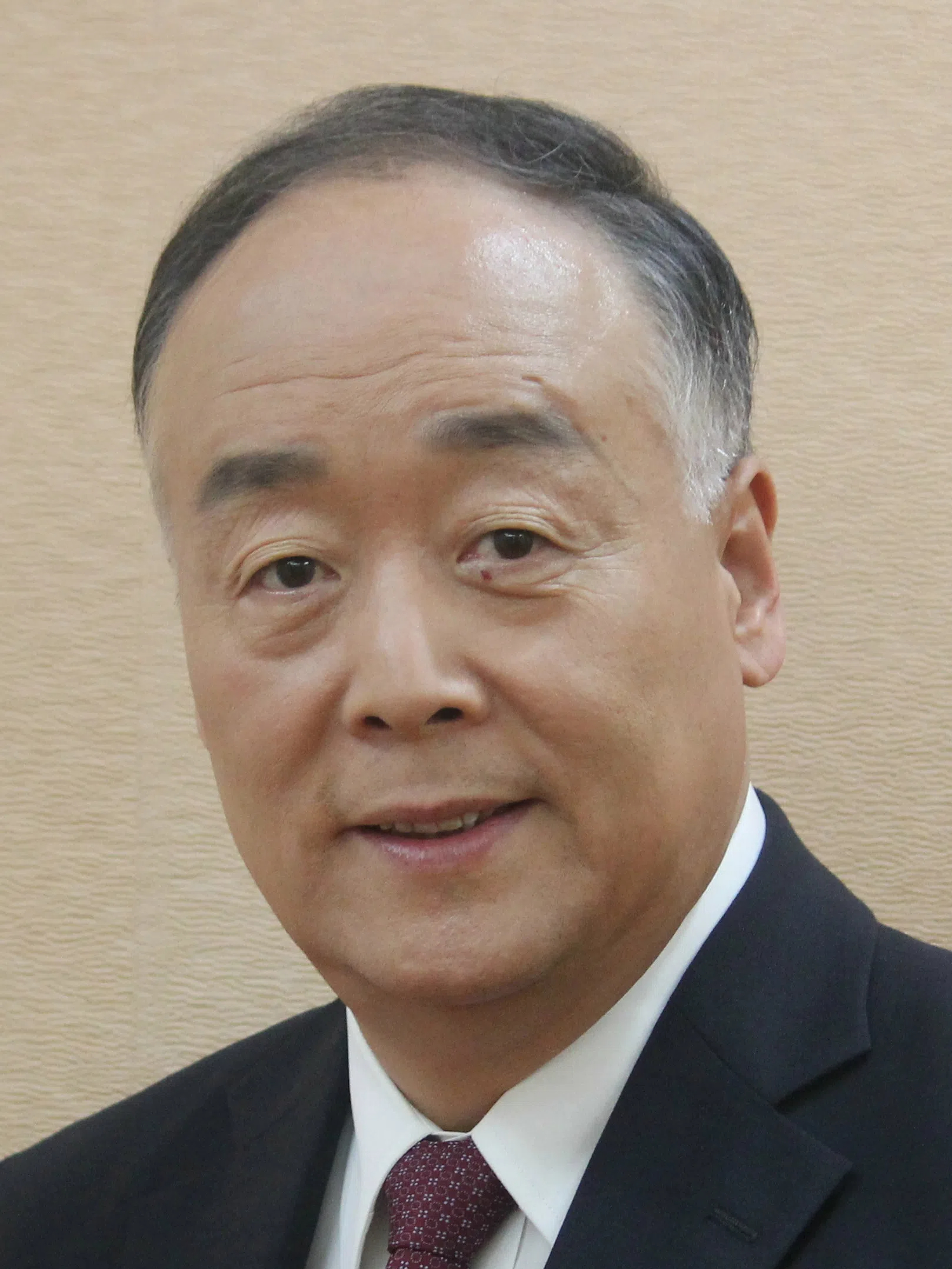 Prof. Jin
Yang
Prof. Jin
Yang
Former Ambassador and Permanent Delegate of China to UNESCO
East China Normal University, China
Bio: Prof YANG Jin has developed his career as both a civil servant and
an academic researcher in the Chinese education system. He is
currently an adjunct professor in the Faculty of Education of East
China Normal University. He worked progressively in different
branches of the Ministry of Education of China, as Director of
Division of Teaching and Learning Support of Department of
Vocational and Adult Education, Deputy Director-General of
Department of Basic Education, and then as Director-General and
Research Professor of the Central Institute for Vocational and
Technical Education (CIVTE). He was appointed as a member of the
10th session of the National Inspectorate of Education of China, and
elected as Vice President of both the Chinese Adult Education
Association and the Chinese Society for Technical and Vocational
Education.
He obtained international experiences in three successive positions
as Senior Programme Specialist in UNESCO Institute for Lifelong
Learning (UIL), Minister Counsellor for Education in the Embassy of
China to France, and then Ambassador and Permanent Delegate of China
to UNESCO.
He holds a B.Sc degree in mechanical engineering from Xi’an Jiaotong
University in China, an M.Ed degree in comparative education and a
PhD in economics of education from the University of Manchester in
the U.K.
His fields of research cover comparative education, lifelong
learning, learning science, STEM education, and education for
international understanding.
Speech Title: Artificial Intelligence and the Future of Education---- The UNESCO Perspective
Abstract: UNESCO, the United Nations Educational, Scientific
and Cultural Organization, is a specialized agency dedicated to
strengthening the shared humanity through the promotion of
education, science, culture, and communication in its 194 Member
States. It sets standards, produce tools and develop knowledge to
create solutions to some of the greatest challenges of our time. As
artificial intelligence (AI) continues to transform every facet of
society, it has the potential to address some of the biggest
challenges in education today, innovate teaching and learning
practices, and accelerate progress towards SDG 4: quality education
and lifelong learning opportunity for all. However, rapid
technological developments inevitably bring multiple risks and
challenges, which have so far outpaced policy debates and regulatory
frameworks. This presentation will highlight UNESCO’s recent
endeavor and its perspective for supporting Member States to harness
the potential of AI technologies for achieving the Education 2030
Agenda and its implications for the future of education, while
ensuring that its application in educational contexts is guided by
the core principles of inclusion and equity.
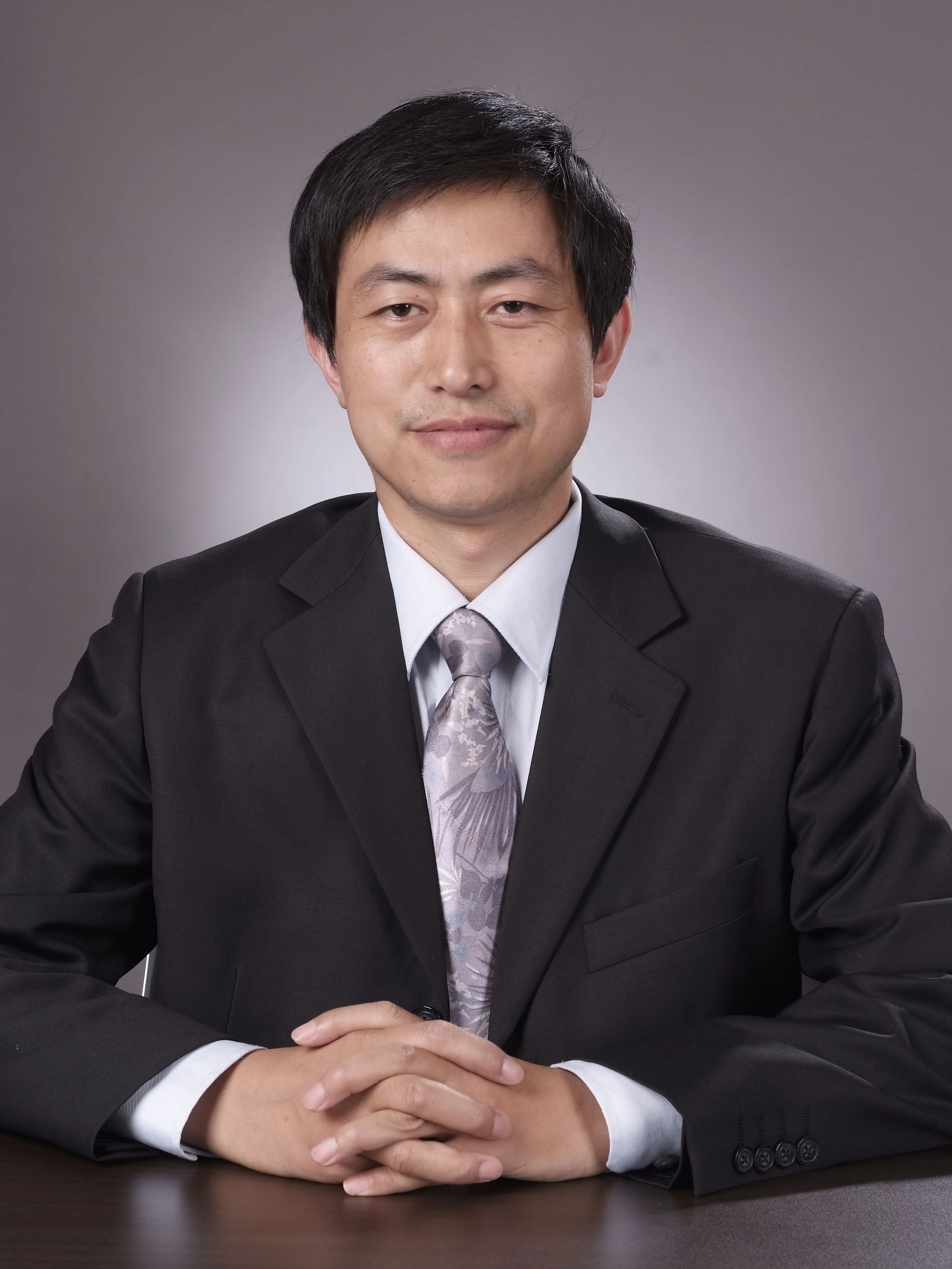 Prof. Jiyou Jia
Prof. Jiyou Jia
Head of the Department of Educational Technology, Graduate School of Education
Peking University, China
Bio: Dr. Jiyou Jia is a full professor and the Head of the Department of
Educational Technology, Graduate School of Education, Peking
University, China and is also the founding director of International
Research Center for Education and Information at Peking University.
He was invited to work as a guest professor in 2015 by School of
Education, Technical University of Munich, Germany, Distinguished
Professor at Institute for Research in Open and Innovative
Education, the Open University of Hong Kong from August 2017 to
December 2018, and Visiting Professor at the Education University of
Hong Kong in 2023 and 2024.
Dr. Jia received B. S. and Master of Education from Peking
University, and Ph.D. in artificial intelligence from Augsburg
University, Germany. His research interests include educational
technology and artificial intelligence in education, especially in
TELL (Technology Enhanced Language Learning), math education with
ICT, and decision making support system. He has been responsible for
a dozen of national projects and international cooperation projects.
His research has won a number of national and international prizes
including Outstanding Paper Award from Emerald Publishing 2023, the
First Class Award of the Fifth National Award for Outstanding
Achievements in Educational Research, from Ministry of Education,
China, 2016.
Speech Title: The Development and Application of a Math
Intelligent Assessment and Tutoring System (MIATS V2.0) in Math
Education Based on Big-data Mining
Abstract: This speech introduces an intelligent mathematical
assessment and tutoring system MIATS V2.0, which can not only
provide adaptive assessment for students based on big data mining,
but also guide students individually to solve difficult questions
step by step. Three quasi-experiments in schools were conducted to
evaluate the effect of this system on students’ performance. The
analysis of the collected data demonstrates that the system can
provide personalized assessment and tutoring and enhance the
students’ learning performance, and is an effective approach to
realize the value-added evaluation, the integration of testing and
learning, and the promotion of learning through testing. This study
provides a valuable reference for utilizing intelligent assessment
and tutoring systems to help implement the macro policies such as
student assessment reform, reducing the students’ burden and
increasing the educational efficiency.
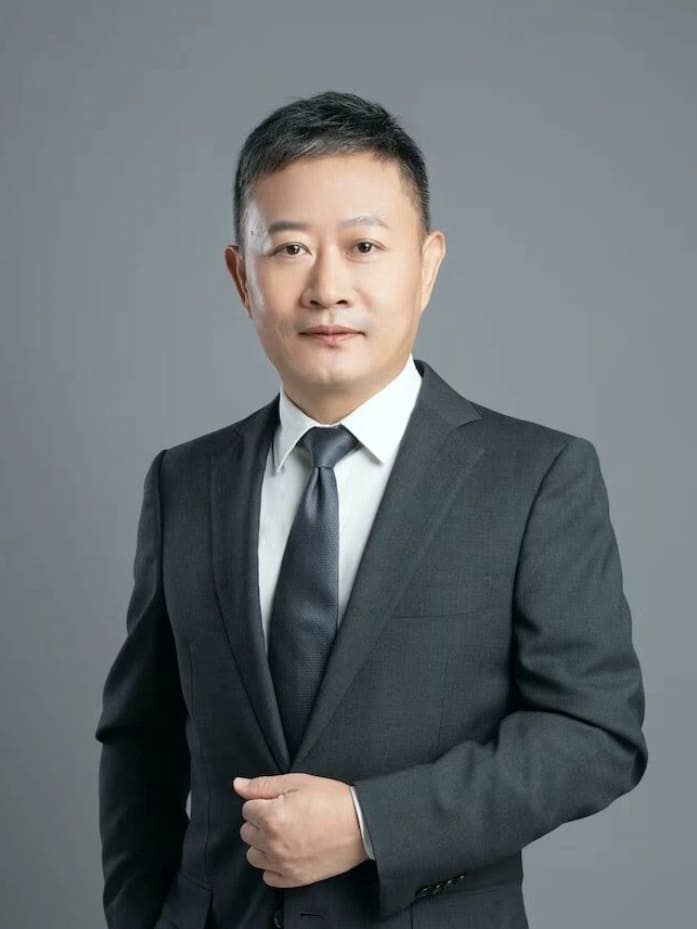 Prof. Jianhua Zhao
Prof. Jianhua Zhao
Deputy Director at the Center of Studies for Future Education
Director at the Center of Studies for AI in Education
Southern University of Science and Technology, China
Bio: Prof. Jianhua Zhao is a Deputy Director at the Center of Studies for
Future Education, a Director at the Center of Studies for AI in
Education at Southern University of Science and Technology
(SUSTech). He is a Senior Programme Specialist at the International
Center for Higher Education Innovation (ICHEI) under the auspices of
UNESCO. He served as different roles in various academic
institutions, associations, or societies, such as a deputy board
member of the Learning Sciences Society in China Higher Education
Society, an an adjunct professor at Northwest Normal University, an
Executive Committee Member for Shenzhen Education Association, a
member of the Steering Committee of the Online Open Course for
Undergraduate Colleges and Universities in Guangdong Province, etc.
He has been serving as editorial board member for various journals,
including the Journal of Open Education Research, the Journal of
Open Learning Research, the Journal of Computers in Education, the
Journal of Technology Enhanced Learning, the International Journal
of Social Media and Interactive Learning Environments, etc. His
research interests include Learning Sciences, Future Education, and
AI and Education.
Speech Title: Innovation in Teaching and Learning in the Age of
Artificial Intelligence
Abstract: The rapid advancement of artificial intelligence
(AI) presents profound challenges and opportunities for education,
necessitating a fundamental innovation in teaching and learning
paradigms. This analysis argues that the demonstrated capability of
pre-trained large models to master knowledge and logical reasoning
renders traditional, teacher-centered, and examination-oriented
educational models increasingly obsolete. Consequently, education
must urgently shift towards a student-centered approach,
transitioning its core objective from knowledge transmission to
capacity building, as underscored by the framework of Education 4.0.
This new paradigm prioritizes the development of higher-order
thinking skills, including critical thinking, creativity,
collaboration, and socio-emotional competencies. AI-driven
pedagogical innovation should be fundamentally grounded in active
learning methodologies—such as project-based and inquiry-based
learning—where students transform from passive recipients into
active constructors and co-creators of knowledge. This
transformation further necessitates a systemic evolution in
curriculum design, multidimensional assessment strategies, and the
redefined role of educators, coupled with a critical emphasis on
enhancing AI literacy and addressing the pivotal ethical
implications to ensure technological alignment with human values.
Ultimately, the successful integration of AI in education hinges on
the holistic adoption of a new teaching paradigm that fosters a
synergistic human-AI ecosystem, thereby empowering holistic student
development and effectively preparing learners for a future
decisively shaped by intelligent technologies.
 Prof. Hang Hu
Prof. Hang Hu
Director of the Institute of Big Science Education
Southwest University, China
Bio: Hang Hu is a Professor, Doctoral Supervisor (Postdoctoral
Supervisor), Director of the Institute of Big Science Education at
Southwest University, and Director of the Chongqing Key Laboratory
of Philosophy and Social Sciences for the Strategic Development of
Civilization Mutual Learning. He also serves as Director of the
Research Office of Scientific and Technological Civilization and
Digital Humanities at the China-Greece Civilization Mutual Learning
Center (a construction unit of the Joint Research Institute for
Regional and Country Studies of the Ministry of Education, and a key
research base of philosophy and social sciences in Chongqing).
Additionally, he holds the positions of Director of the Virtual
Teaching and Research Office for "Big Science Education" in the
Southwest University Group of the "Collaborative Quality
Improvement" Program for Normal Education of the Ministry of
Education, Rotating Executive Editor-in-Chief of the Journal of
Greek Studies, and Convener of the National (Big Science) Education
Alliance. He is a TOP 1% Highly Cited Scholar of CNKI (China
National Knowledge Infrastructure).
He is an Expert at the National Education Examinations Authority,
Vice Chairman of the Primary and Secondary School Information
Technology Education Special Committee of the Chinese Society of
Education, and Vice Chairman of the Experimental Teaching Equipment
Branch of the China Educational Equipment Industry Association. He
also acts as Standing Director of the Information Technology
Education Special Committee of the China Association for Educational
Technology, Director of the Learning Sciences Branch of the Chinese
Society of Higher Education, Member of the Group Standard Expert
Committee of the China Educational Equipment Industry Association,
Director of the Digital Humanities Alliance, Expert for Basic
Education Quality Monitoring in Chongqing, and Popularization Expert
of Social Sciences in Chongqing. He is the Column Planner of the
journals Civilization Mutual Learning and Journal of Teacher
Education.
His main research field is in-depth learning and its educational
application; Science and technology with intelligent education;
Intelligent computing and digital humanities; History and philosophy
of science and technology.
Speech Title: From Tool to Cognitive Engagement: AI Empowering
Teaching and Learning
Abstract: The lecture focuses on the paradigm shift of
artificial intelligence (AI) in the field of education—specifically,
its transformation from an auxiliary "tool" to a core driver of
"cognitive engagement" in teaching and learning. It will briefly
elaborate on the evolutionary role of AI in teaching and learning:
first, it will explain AI’s value as an auxiliary tool, such as
reducing teachers’ workload by automating repetitive tasks like
grading and administrative work, and meeting students’ personalized
learning needs through adaptive resources and targeted feedback;
then, it will focus on AI’s transition toward "cognitive
engagement"—namely, how AI facilitates students’ development of
higher-order thinking by simulating real-world problem scenarios and
supporting collaborative inquiry, while reshaping the
teacher-student interaction model to shift from passive knowledge
reception to active cognitive engagement. Additionally, the lecture
will provide a basic framework for integrating AI into teaching,
helping teachers leverage AI to optimize the teaching and learning
process and achieve the shift from efficiency improvement to
in-depth education.
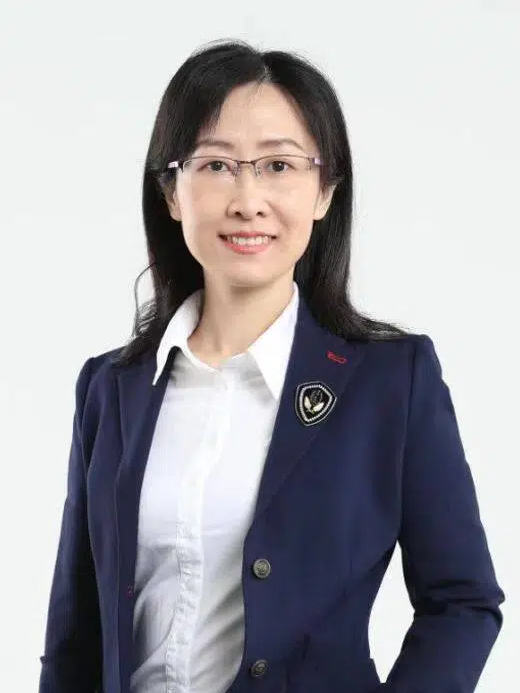 Prof. Zehui Zhan
Prof. Zehui Zhan
Deputy Director of the Research Center for Innovative Talent Cultivation
South China Normal University, China
Bio: Zehui Zhan (Ph.D.) is a Professor at South China Normal
University, holding distinguished titles such as the Young Pearl
River Scholar and Hong Kong Scholar. She currently holds several key
leadership positions, including Deputy Director of the Research
Center for Innovative Talent Cultivation, Deputy Director of the
Guangdong-Hong Kong-Macao Greater Bay Area University-School STEAM
Education Alliance, Deputy Director of the Guangdong Key Laboratory
of Artificial Intelligence and Smart Education, and Deputy Director
of the Guangdong Engineering Research Center for Big Data in
Educational Assessment. Additionally, she serves as President of the
Interdisciplinary Research Committee of the Guangdong College
Entrance Examination Research Association and Secretary-General of
the Global Chinese Society for Inquiry Learning. Her extensive
editorial contributions include roles as an International Advisory
Board Member for the International Journal of Educational Technology
in Higher Education, Associate Editor of the Asia Pacific Journal of
Innovation and Entrepreneurship, and Editorial Board Member for
Computers & Education: Artificial Intelligence and Future in
Educational Research. Her primary research focuses on
interdisciplinary and innovative education, learning sciences, and
AI education.She has published more than 100 papers in renowned
academic journals. Her outstanding academic contributions have been
recognized with multiple awards, such as the National Excellent
Doctoral Dissertation Nomination Award, the Fok Ying Tung Education
Foundation Award for Young Faculty, and the First Prize in the
National Educational Software Awards. She has also been consistently
named an Elsevier Highly Cited Chinese Researcher for five
consecutive years since 2020 and was listed among the World's Top 2%
Scientists in 2025.
Speech Title: C-STEAM Education: Weaving Cultural Heritage into
Modern STEAM Pedagog
Abstract: C-STEAM is a typical kind of transdisciplinary
education, with the goals of inheriting outstanding traditional
culture and fostering learners’ STEAM competency. Educational
collaboration plays a vital role in fostering STEAM innovation and
is an essential force in promoting regional educational integration.
This presentation introduced a technology-enhanced C-STEAM
collaboration model and verified its effects through cross-regional
inter-school collaboration in the in the Guangdong-Hong Kong-Macao
Greater Bay Area.
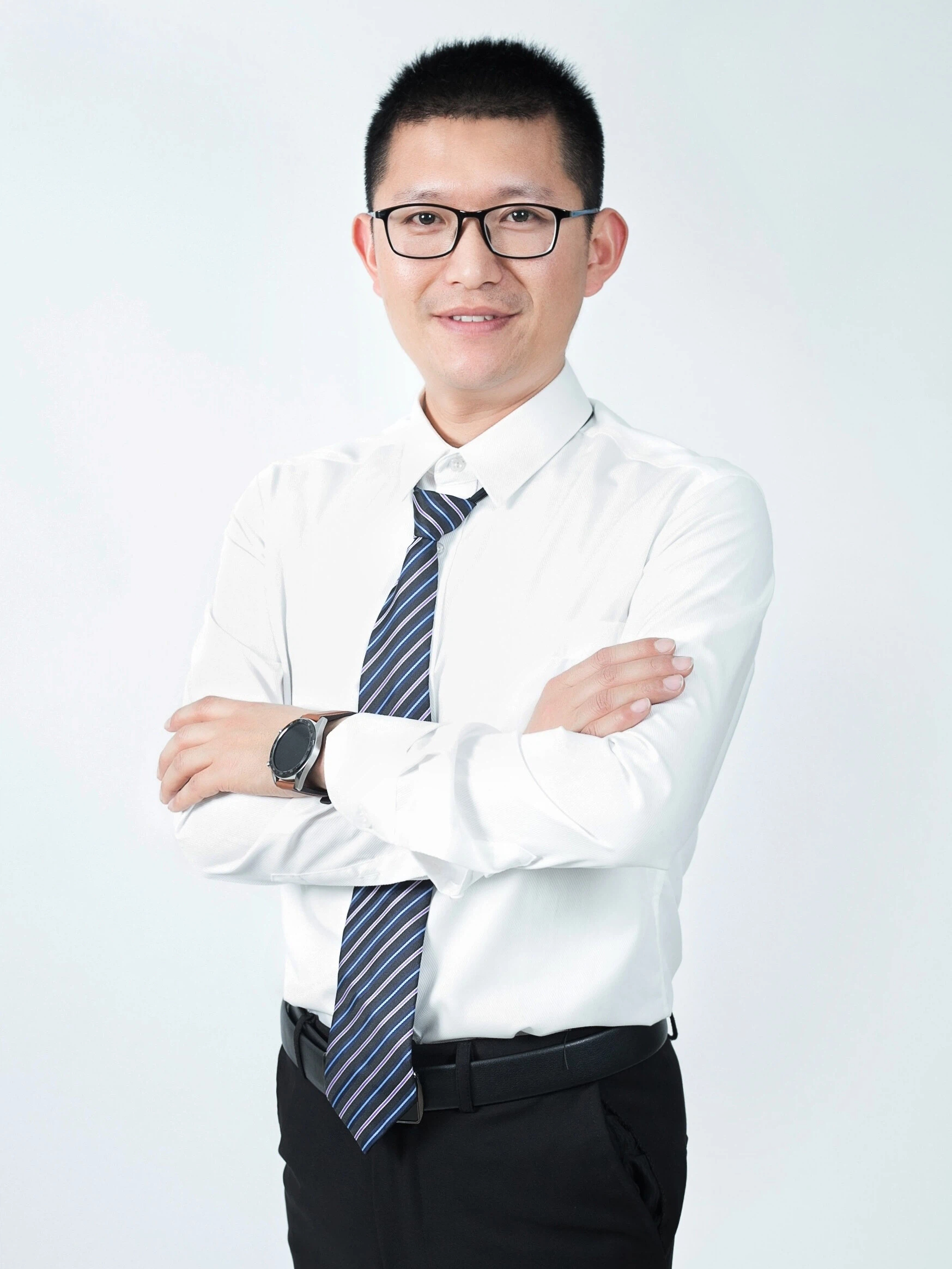 Prof. Xianmin Yang
Prof. Xianmin Yang
Executive Deputy Director of the Jiangsu Provincial Engineering Research Center for Educational Informatization
Jiangsu Normal University, China
Bio: Yang Xianmin is a professor and doctoral supervisor at
Jiangsu Normal University. He is also the executive deputy director
of the Jiangsu Provincial Engineering Research Center for
Educational Informatization, as well as the academic leader and
program coordinator for educational technology. Additionally, he
holds roles as secretary-general of the Academic Committee of the
China Association for Educational Technology, expert advisor for the
Ministry of Education's educational informatization development
planning. His research focuses on smart education, educational big
data, and online learning resources. He has led over 60 national,
provincial, and industry-funded research projects, published more
than 200 academic papers and articles, authored 10 books and
textbooks, and received 9 ministerial and provincial awards,
including the National Outstanding Achievement Award in Education
Science Research and the Jiangsu Philosophy and Social Sciences
Outstanding Achievement Award. He has contributed to the drafting of
international, national, and local educational informatization
policy documents and participated in the development of multiple
educational software systems.
Speech Title: Significant Advancements and Trends of Artificial Intelligence in Education in China
Abstract: This speech comprehensively presents a series of
policies implemented by the Chinese government to promote the deep
integration of artificial intelligence (AI) and education. It delves
into the impact of AI on education and explores typical application
scenarios of AI within the educational field. Furthermore, it
summarizes China's experiences, current obstacles, and future trends
in advancing AI in education.
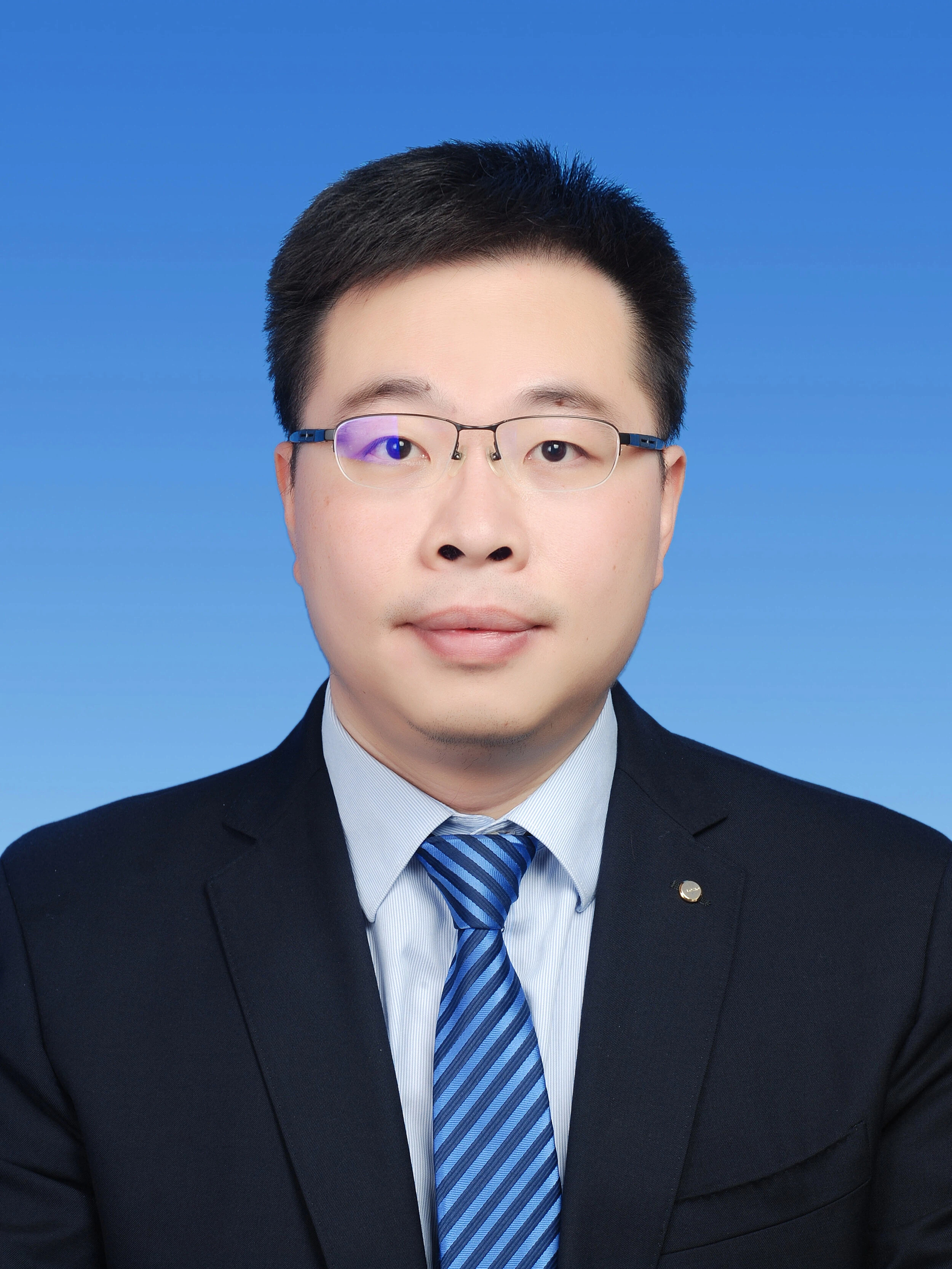 Prof. Qimin Su
Prof. Qimin Su
Director of Center for Educational Evaluation Reform and Development
Guangzhou University, China
Bio: SU Qimin,professor and doctoral supervisor of School of
Education at Guangzhou University, director of Center for
Educational Evaluation Reform and Development. He is a high-level
talent in Guangzhou and a visiting scholar at Chapman University in
the United States. He holds various academic positions, including
Executive Director of the Youth and Middle-Aged Theorists Branch of
the Chinese Society of Education, Youth Member of the National
Academic Committee on Basic Educational Theory, Fellow of the
Educational Philosophy Research Branch of the Chinese Society of
Education, Fellow of the Educational Evaluation Professional
Committee of the Chinese Society of Educational Development
Strategy, Executive Director of the Guangdong Society of Education,
Vice Chairman of the Educational Philosophy Professional Committee
of the Guangdong Society of Education, Editorial Board Member of
Journal of Soochow University Educational Science Edition. His
research focus on educational philosophy, educational evaluation
theory, and teacher professional development. He has published
academic books such as Value Reflection and Student Assessment and
Student Assessment.
Speech Title: The Myths, Risks and Ethical Bottom Line of the Educational Evaluation in the Era Empowered by Digital and AI Technologies
Abstract: With the gradual progress of the digital
transformation of educational evaluation, the belief that digital
and AI technologies empower educational evaluation is becoming more
and more deeply rooted in people's hearts. Educational evaluation
has shown internal alienation in that there is an increasingly
strong technical interest in "how to evaluate", while the original
intention of making education better is gradually being forgotten.
The "education" origin is obscured by myths such as technical
determinism, technical reductionism and technical transcendentalism,
which makes the empowerment of educational evaluation by digital and
AI technologies conceal risks such as digital fetishism, the digital
symbolization of human characteristics and digital discrimination.
Therefore, it is necessary to give a bottom line of educational
evaluation for digital and AI technologies in the actual state can
be limited. Ensuring that the educational evaluation always reflects
the "education" origin and its human nature foundation. This will
ensure the rationality of the application of digital and AI
technologies in educational evaluation.
